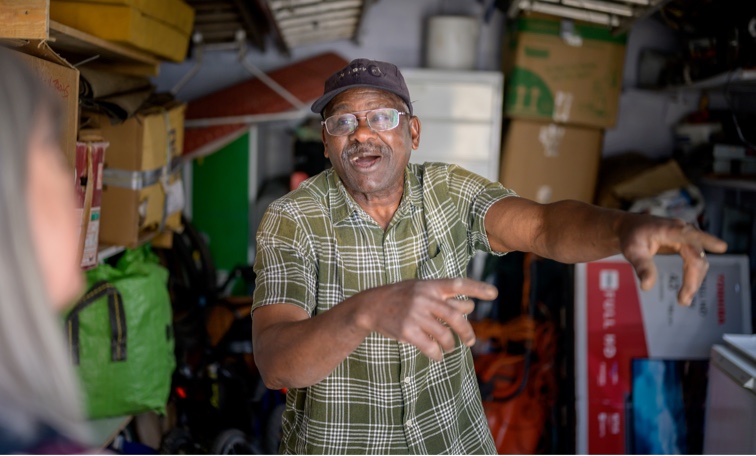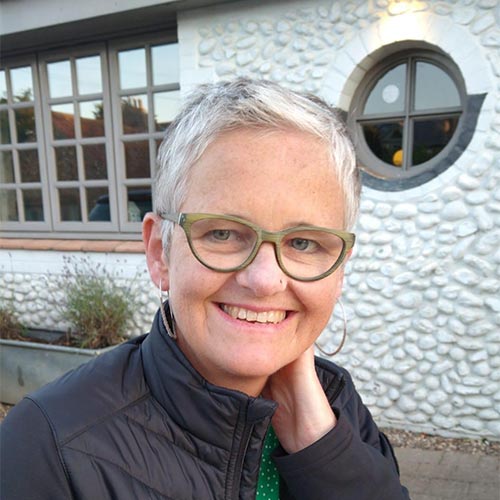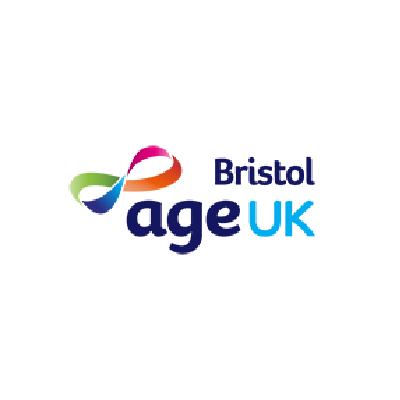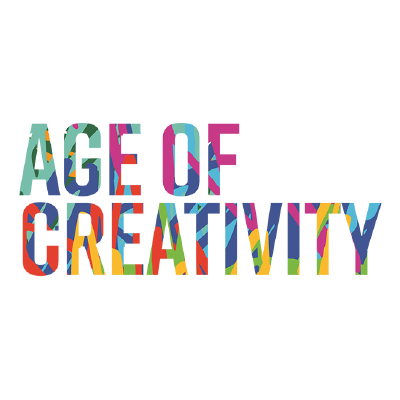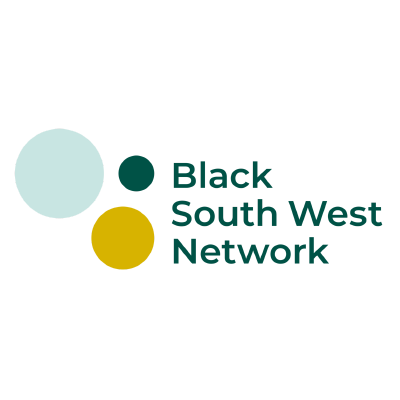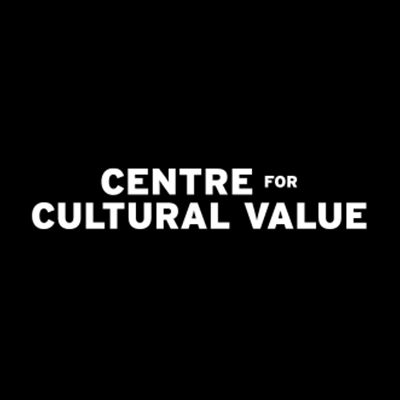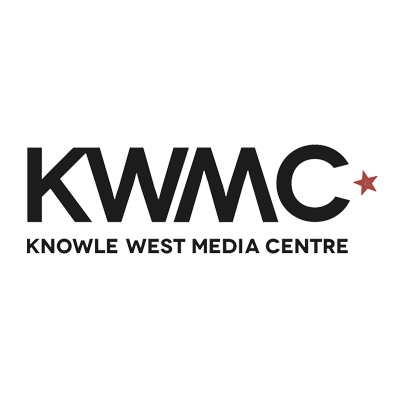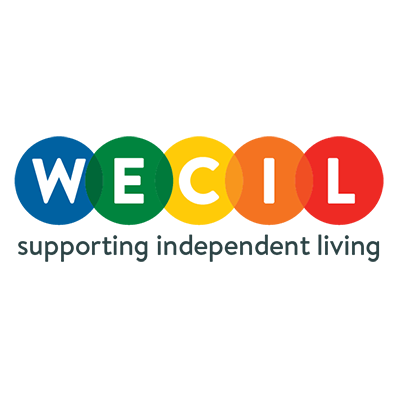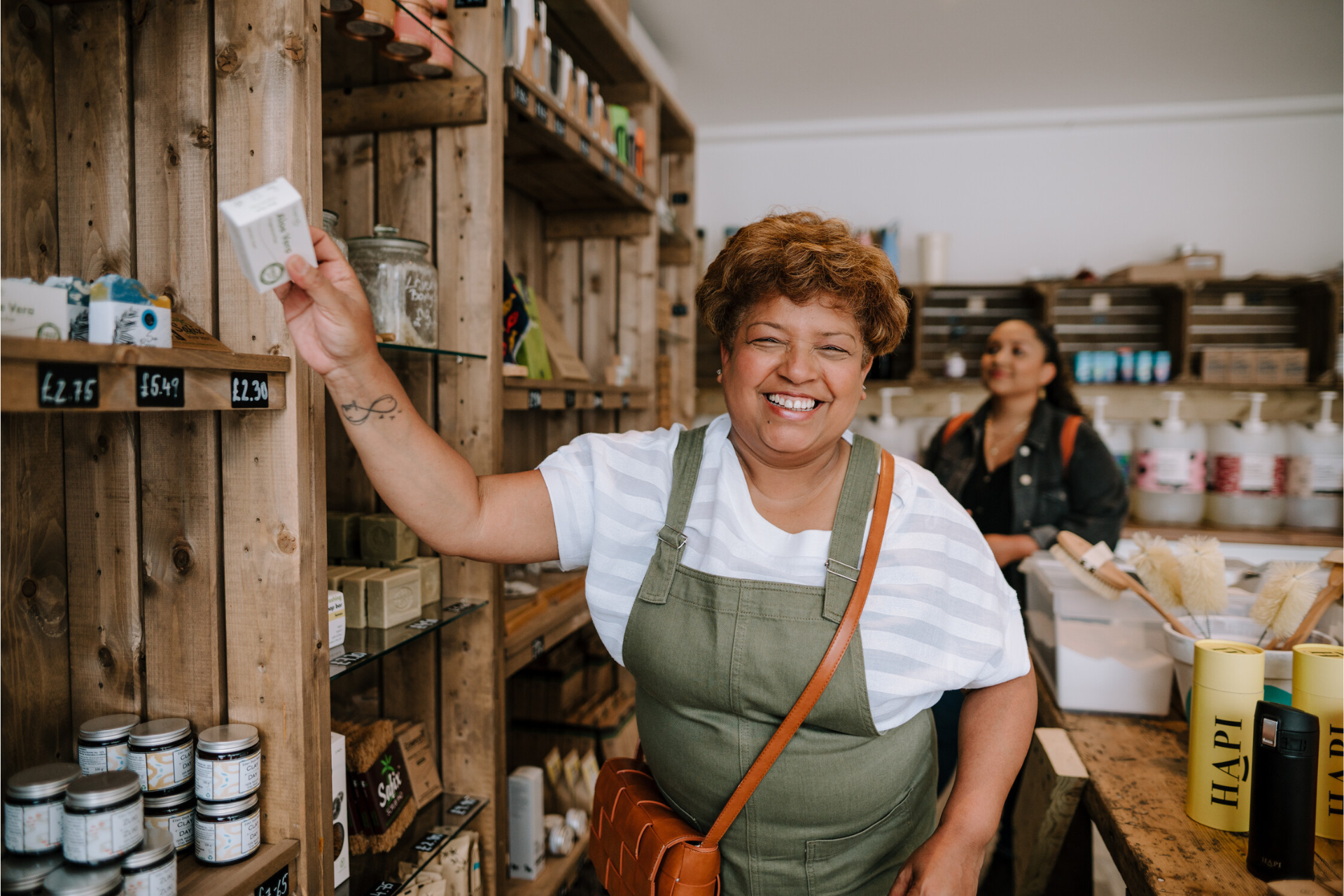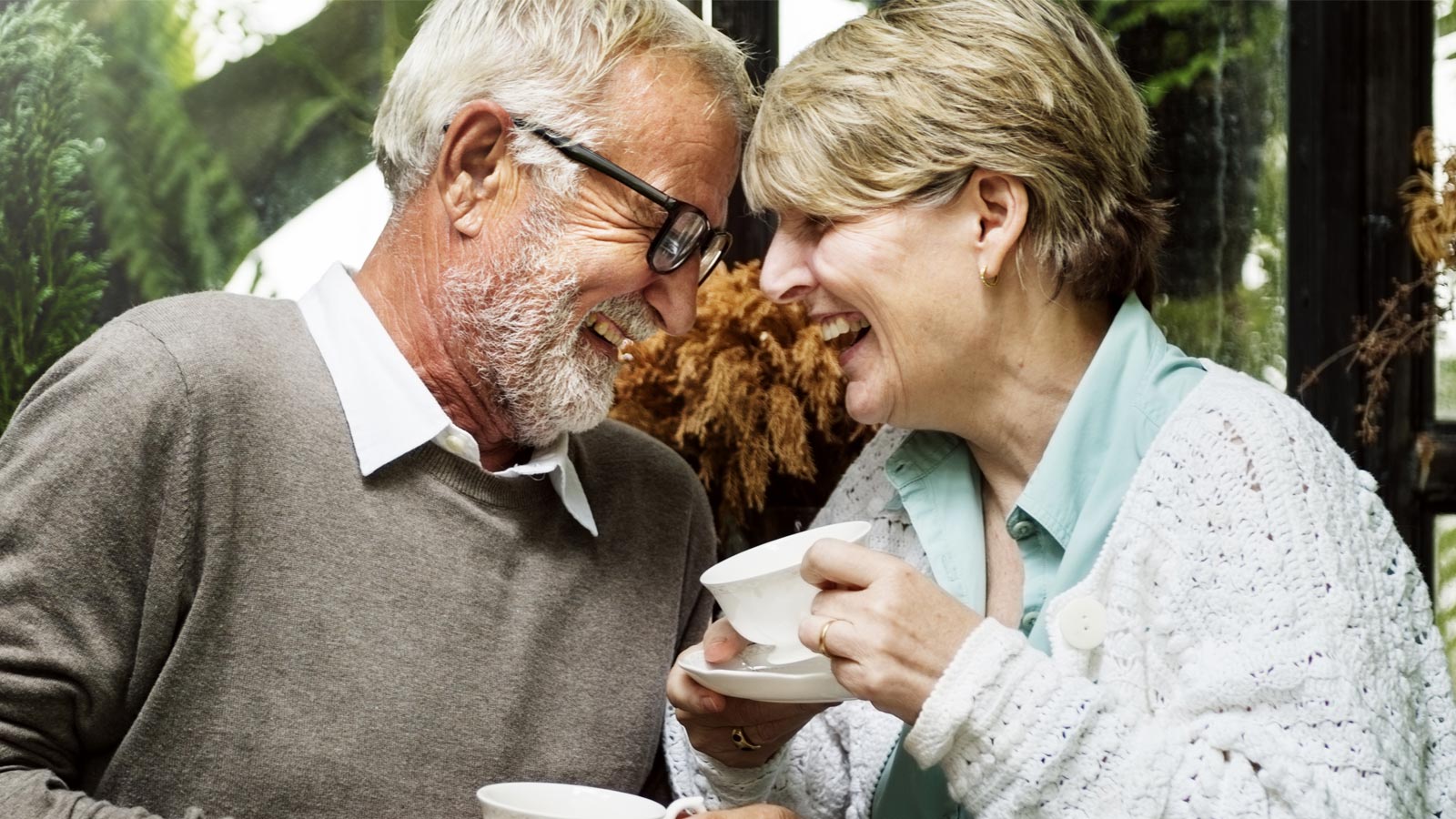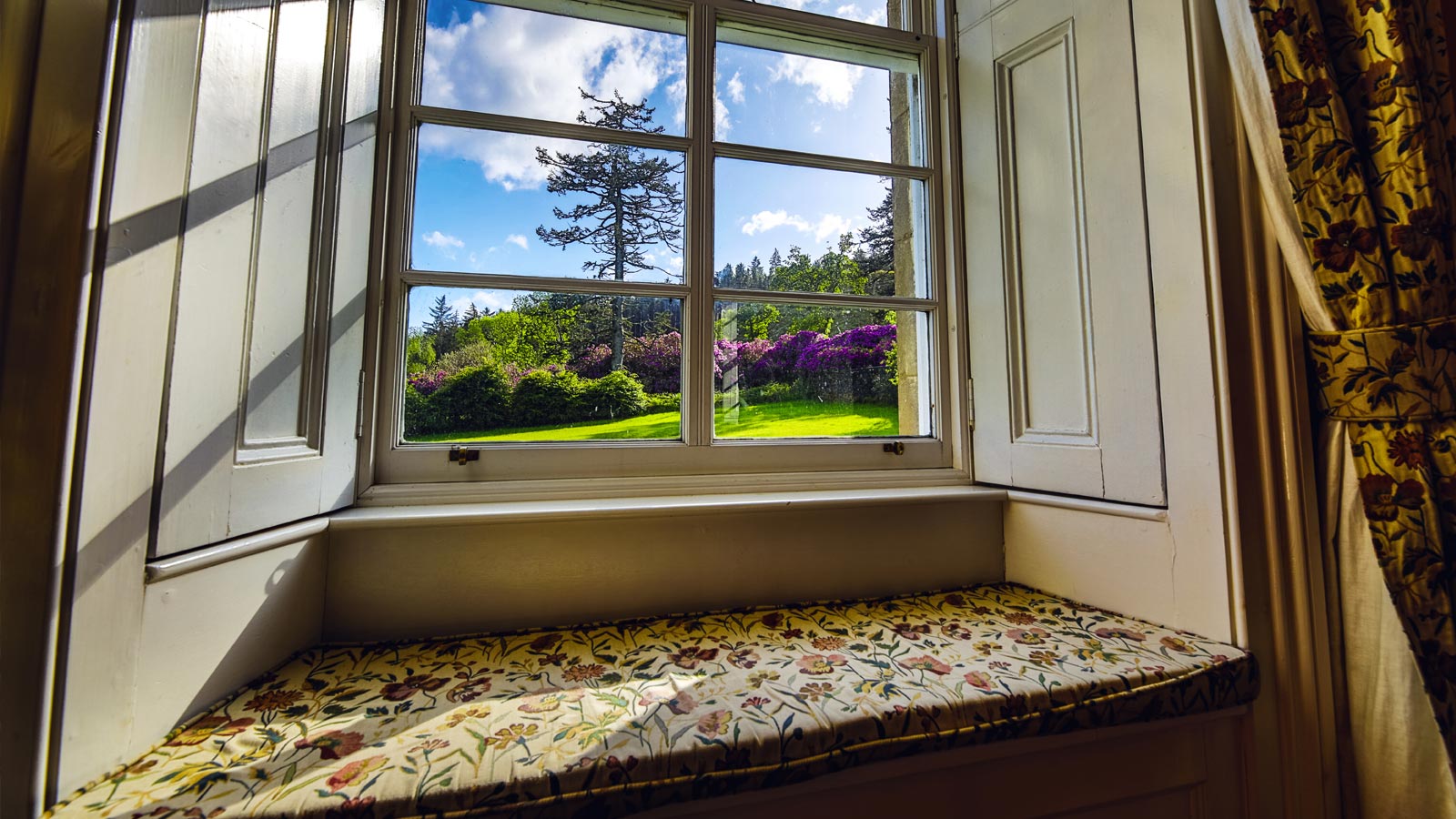Project Overview
Connecting Through Culture As We Age
The ‘Connecting through culture as we age: digital innovation for healthy ageing’ (CTC) project involved an interdisciplinary team from across the University of Bristol. It explored how and why we take part in arts and culture as we get older. CTC researchers were interested in how participation in all forms of arts and culture, particularly those accessed digitally, can influence our wellbeing and feelings of social connection as we age. The objective was to tackle inequalities in arts and cultural provisions for healthy ageing outcomes.
Working alongside disabled older adults and those that identify as socioeconomically and racially minoritized cross sectoral teams co-designed new arts and cultural experiences. This inclusive digital innovation process produced creative products, services and experiences, and supported creative industries to grow and to better understand diverse older adults.
The interdisciplinary CTC research team included University of Bristol academics across the fields of education, the arts, health and computer science. The project was led by the School of Education’s Professor Helen Manchester, and is supported by Professor Kirsten Carter, Dr Paul Clarke, Dr Kirsty Sedgman, Dr Paul Mitchell, Dr Tim Senior, Dr Tot Foster, Dr Stuart Gray, Dr Karen Gray, Dr Jenny Barke, Dr Alice Willatt, Sarah Cox and Nick Gray, in addition to a community of 60 to 75-year-old co-researchers and participants, and 17 partner organisations.
CTC brought together older adult co-researchers, creative technologists, artists, designers and our charity and community partners to:
- co-design new digital, cultural products,
- co-create new audience evaluation tools and
- provide a robust evidence base for policy-making and digital innovation practice.
Older people at the centre
Older people were at the centre of the project. In particular, the team worked alongside 20 co-researchers recruited through community anchor organisations working with disabled, racially and socioeconomically minoritised older people within Bristol. In partnership with these older people and our community and creative partners, CTC sought to understand how older audiences experienced the cultural and social value of arts and culture and their experiences of digital exclusion.
The project worked with three community anchor organisations to recruit and support participants and co-researchers throughout the project: West of England Centre for Inclusive Living (WECIL); Knowle West Alliance; Black South West Network; with Alive Activities and Age UK Bristol providing additional recruitment support – through their extensive local and national networks.
The co-researcher approach involved older people from these three communities at every stage in the project to better understand their lived experiences of digital inclusion and arts and cultural participation. CTC was built on a previously successful co-researcher model developed by project team members, which sought to not only understand these issues but also to produce positive experiences that empowered older people and provided longstanding benefits to their lives beyond the project.
- To achieve this, the project worked closely with co-researchers to document their digital lives and arts participation and how this related to social connectivity through creative methods, one-to-one conversations and interviews with older adults. In addition, close work with the civil society sector, including community arts organisations and creative ageing organisations enabled CTC to understand and work from best practice in this area.
The co-researchers worked alongside the university team and project partners during a long-term co-design process, which involved a range of creative technologists and arts and cultural organisations. This co-design process involved:
- growing a co-researcher community through supported creative sessions and digital literacies development using iPads and other devices.
- a series of workshops introducing co-researchers to digital innovation processes and techniques, including working with local artists and designers to experience digital cultural products and services
- co-researchers collaborating with creative technologists and designers from a Bristol design studio, the Pervasive Media Studio, to generate six prototype projects to design new digital cultural products for social connection and wellbeing
- six creative teams (including co-researchers) developing their ideas through an iterative, collaborative prototyping process.
- co-researchers supporting the development of a new evaluation tool and practice with their experiences of arts and culture at the centre. This was subsequently tested with a roll-out of the prototype project ‘Expressive Pockets’.
Working with business
At the forefront of innovation in digital, creative and cultural industries, Bristol was identified as one of three key city-regions beyond London to have international growth potential in these areas (Creative Industries Federation, 2018). The local ecology is characterised by powerful connectivity between larger and smaller organisations and CTC partners provided the project with excellent links into this diverse ecology of cultural organisations and networks.
To make connections, build lasting relationships, empower older people, and embed the project within the target communities, CTC worked closely with partners, West of England Centre for Inclusive Living, Black South West Network, Knowle West Media Centre, Pervasive Media Studio, Bristol Culture and Alive. Nationally, CTC worked closely with the creative ageing sector, community organisations, arts and cultural organisations and social technology developers, who are already designing innovative experiences, services and products in this space. Many of them were keen to develop more inclusive design processes alongside older people. Businesses were invited into our co-design process and were central to the prototype cross-sectoral design teams. The project involved working closely across the arts and cultural sector, the creative technology sector (from SMEs to large care tech companies), and the community and civil society sector to build inclusive design processes, and sustainable products, performances and services for the next generation older people.
Diversity and environments of ageing
Arts and cultural participation declines dramatically in older populations, a trend that is exacerbated in disabled, and racially and socioeconomically minoritised groups, who are even less likely to participate. The project explored the following questions:
- What are the structural sources of disadvantage that older people in the three communities face in respect of digital participation? (How) can these be overcome? What organisational practices mitigate against, or enable, the digital inclusion of older audiences in the arts?
- What kinds of participation in the arts enhance social connectivity and wellbeing for older adults experiencing inequalities? What tools do we require to ensure robust research and evaluation of the effects of digital cultural participation on social connectivity and wellbeing for diverse older audiences? What are the potentials and limitations of these experiences to increase social connectedness? How can we critically assess the assumed positive correlation between social connectivity, wellbeing and quality of life?
- How do different groups of older people understand their own lived experiences of digital cultural participation? What are the similarities and differences in their participation in digital arts and cultural activities and the value they gain from this? What methods are required to understand diverse older people’s experiences of value in digital arts and cultural experiences?
- How can we co-design new digital cultural experiences that are accessible and appeal to diverse older audiences? What are the innovation models and forms of collaboration that we need to develop between older people, advocacy groups, designers, arts and cultural organisations and creative technologists? What new business models, processes and practices do we need to co-design and scale up arts and technology collaborations for healthy ageing?
Project Impact
There has been a range of impacts over the three years of the CTC project, which can be broadly categorised into one or more of these five themes:
- Justice has been at the forefront of this project and the focus of much of CTC’s academic writing has centred on this theme. This includes both practical and theoretical expressions of justice throughout the life of the project, whether it’s adding to the debate around Design Justice and hearing the voices of minoritised older adults, or understanding what truly inclusive practices involve.
- Co-design has been a tenet of CTC’s practice of innovation and social justice. Creating cultural products and services for the creative tech market is almost impossible without older minoritised adults’ equitable involvement from the get-go. But CTC also values co-design because of the real-world understandings of inclusive practices that it necessitates. Co-design has taken many shapes in this project: from involving older people in business ideas generation and reflection on research practices, to devising workshops, collaborating on film productions and writing poems. Co-design processes make the invisible visible. They maximise relevance, and they support participants to be creatively confident and heard.
- Creating connections is all about relationships. Whether those relationships are online or in person, between or within different communities, CTC has created new and surprising connections. The project has brought together technologists, older people, creative practitioners and community organisations, and when all these groups are connected extraordinary things can happen.
- When it comes to innovation, all the SBDRP projects have a mission which brings together business and academia. The point of co-design and creating connections is to develop a space in which innovation can happen with older people at the heart of the process. The CTC project has pushed the boundaries, not only in terms of developing new businesses, products and services, but also in encouraging new kinds of relationships, new modes of evaluation and involving older minoritised adults in all aspects of research.
- As our population ages, the wellbeing of older people is increasingly coming to the attention of policy makers. Supporting physical and mental health and addressing quality of life issues is a matter for the public sector, including offering opportunities for older people to live rich cultural lives. But it is also an opportunity for businesses, for whom the findings of this project are highly relevant. CTC has learnt that putting older minoritised adults at the centre of cultural activities brings with it enhanced wellbeing for everyone.

To read more about CTC impacts, please visit the website: https://connectingthroughcultureasweage.info/impact-stories/
Project Website
